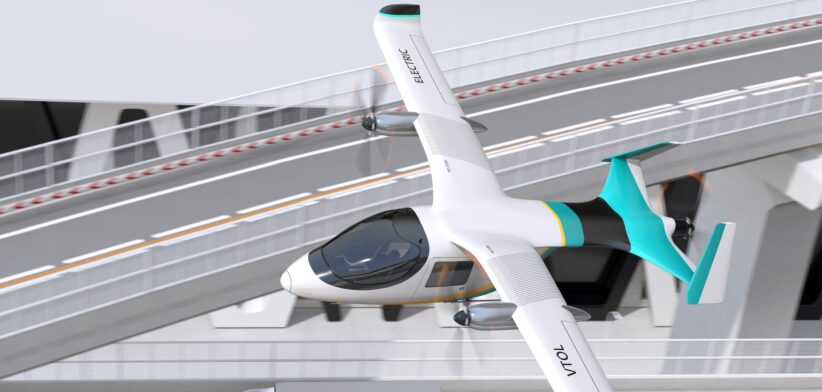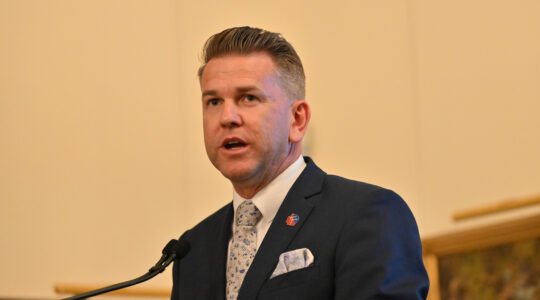New Australian-developed ultra-fast charging lithium-sulfur batteries promise to be the key to powering long-range electric aircraft.
Monash University engineers have developed the new technology, which they hope to demonstrate in commercial drones within a year.
Dr Petar Jovanović said the batteries doubled the energy density of conventional lithium-ion batteries, while being significantly lighter and more affordable.
Dr Jovanović said with further development, the technology could become a viable option for powering electric aircraft in the future.
He said, until now, lithium-sulfur (Li-S) batteries weren’t commercially viable because their complex chemistry made them too slow to charge.
“This represents a major breakthrough toward making Li-S a feasible option not just for long-haul EVs, but particularly in industries like aviation and maritime that require rapid, reliable power that is crucially light-weighted.”
Dr Jovanović said in an electric car, the Li-S batteries could power an extra 1000km on a single charge while cutting recharge time to a few hours.
“Imagine an electric vehicle that can travel from Melbourne to Sydney on a single charge or a smartphone that charges in minutes — we’re on the cusp of making this a reality,” he said.
Co-lead researcher Professor Mainak Majumder said Li-S technology typically struggled to maintain high performance without degrading quickly, but this battery could handled a lot of power being taken out at once without breaking down.
Professor Majumder said the batteries were cheaper and stored more energy.
“We’ve leveraged sulphur’s unique chemistry to make a battery that’s both safer and more efficient. With our new catalyst, we’ve overcome one of the last remaining barriers to commercialisation – charging speed,” he said.
Read the full paper: Role of Polymer-Iodine Complexes on Solid-Liquid Polysulfide Phase Transitions and Rate Capability of Lithium Sulfur Batteries.








